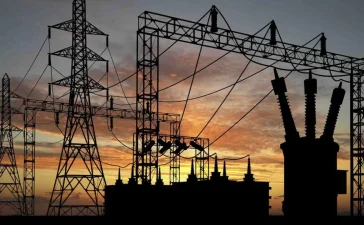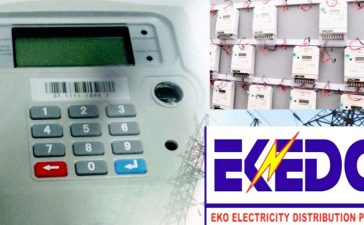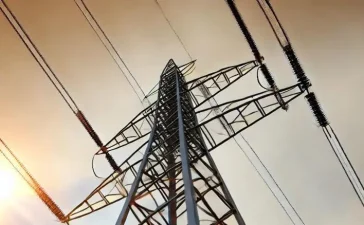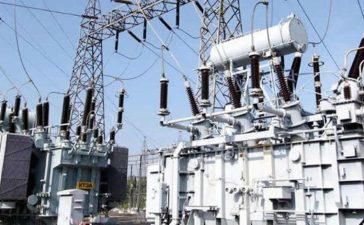The Minister of Power, Adebayo Adelabu, has revealed the rising financial strain on the federal government due to electricity subsidies, with the cost of generating a kilowatt-hour (kWh) of electricity now reaching N120.
Speaking during an oversight visit by the House of Representatives on Power, Adelabu explained that the government is heavily subsidizing electricity for consumers, particularly those in lower tariff bands, leading to significant financial outlays.
Adelabu highlighted the government’s ongoing efforts to improve infrastructure within the power sector, aiming to move more consumers into Band A, where tariffs are closer to the actual cost of generation. This shift is seen as essential for reducing the subsidy burden and improving the financial viability of the power sector.
“Consumers in Band A currently pay N209 per kWh, while those in Band B pay as little as N65 per kWh. However, these amounts fall far below the actual generation costs, which do not even include additional charges for evacuation, wheeling, and distribution within the Nigerian Electricity Supply Industry (NESI). This disparity underscores the substantial subsidies the government provides to keep electricity affordable for lower-income consumers.”
However, the minister also acknowledged that recent public protests have stalled plans to review tariffs for other consumer bands. The ministry is considering these reviews as a necessary step to address the sector’s liquidity challenges, ensuring that the power industry can sustain its operations and invest in needed upgrades.
As the government grapples with the delicate balance between maintaining affordable electricity for citizens and ensuring the financial health of the power sector, the discussion around subsidy reform and tariff adjustments is likely to remain at the forefront of policy debates.







